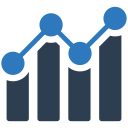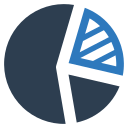Research program
Organizational simulation is an approach halfway between a theoretical and empirical approach. It predicts the emerging behaviors of organizations as complex systems.
It is a confirmed approach used by academic research in emerging and dynamics organization and computational organization.
But still little used in the professional world.
We therefore decided to invest in a research program by several means:
- Academic program
- Case studies
- Open source project
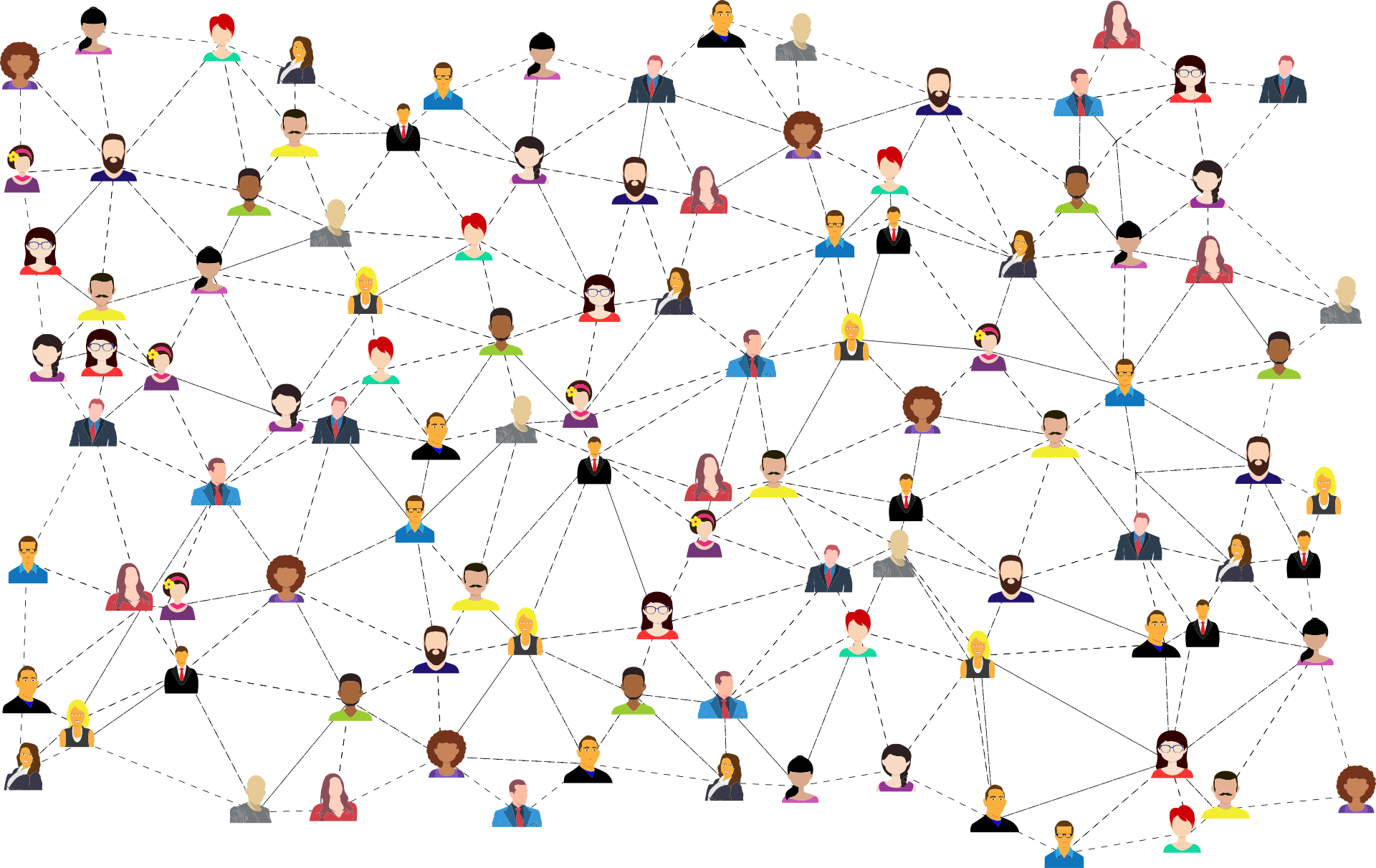
Organization simulation
Symu is a multi-agent system for the co-evolution of agents and socio-cultural environments. It is a discipline of artificial intelligence. It is time based with discrete events :
- Agents are decision-making units. They can represent various levels of analysis such as people, groups or organizations.
- Agents are autonomous, tasks based with stochastics process. They can learn and forget, have beliefs, be influenced…
- Agents interact simultaneously in a shared environment that interacts in turn with the agents
This simulation and statistical approach (Monte Carlo) is the foundation to build the business-level scenarios.
Models
To simulate organization, we use a library of models for the enterprise, management, teams, employees, products…
Those models come from different theories : organization, social networks, socio-cultural and socio-technical environment, information diffusion, social influence, social information processing, transactive memory…
The main models implemented in Symu are:
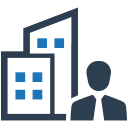
Enterprise
Models: macro economics, strategy, culture, innovation, impact of new technologies, sub optimal operating system
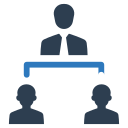
Middle management
Models: hiring, firing, internal mobility, authority and communication structure, training
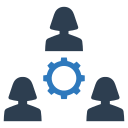
Team
Models: new team, splitting, merging, process modeling
Specific teams: Comex, HR
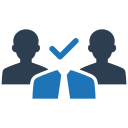
Employee
Models: working and idle time strategies, collaboration, resignation
Specific types: worker, manager, influencer, coach, trainer
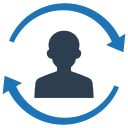
Individual
Models: knowledge, learning, forgetting, beliefs, influence
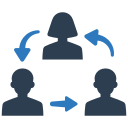
Social
Models: interaction sphere, dissemination of information

Product and service
Models: from portfolio to tasks
Specific teams : client cohorts

Sub optimal system
Models: production incidents, supports, incomplete informations, knowledge, beliefs, risk aversion, under-staffing
Academic program
With our academic program, we will implement for you models that you want to use and offer you free use of Symu for business.

Case Studies
Besides our consulting missions with our customers, we are working on case studies. We focus on organizational and change management models.
We make these case studies available to you.




